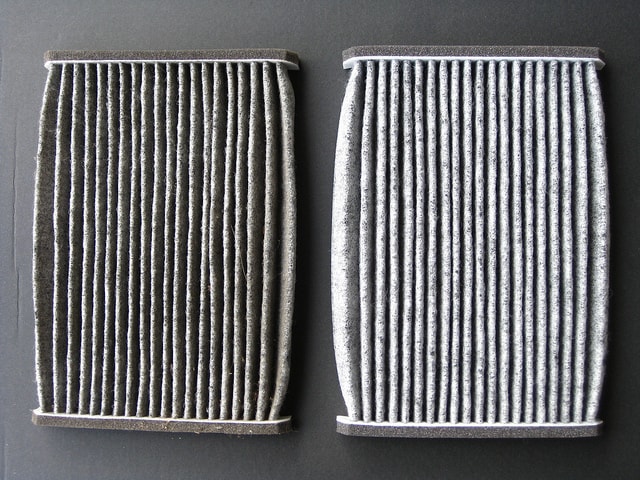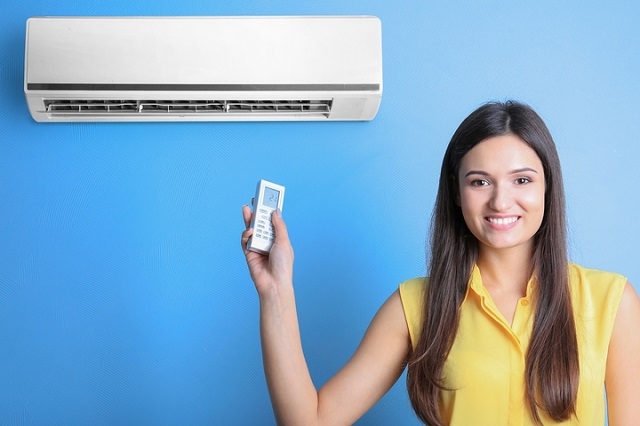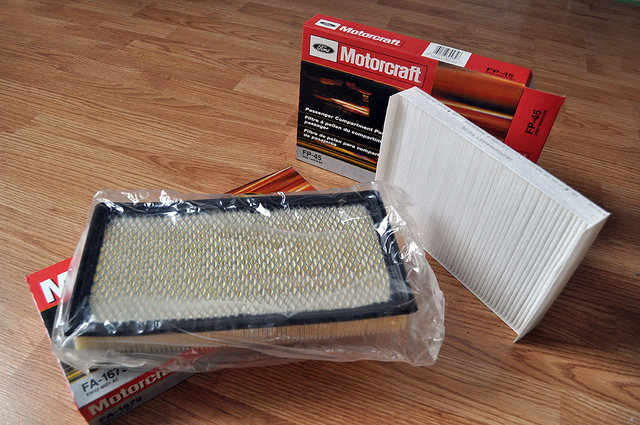HVAC is short for heating, ventilation and air conditioning. HVAC is often used to depict the whole heating and cooling system consisting of the registers, air filters, ductwork, heat pumps, whole-home ventilators, and humidification controls. A home comfort system also includes filtration systems that help remove contaminants from the home’s air.
HVAC manufacturer’s including furnaces Oshawa are leading the way when it comes to home comfort innovation. An HVAC professional will ensure that these products are installed and maintained in the best way possible. Here are the top 5 most frequently asked questions about everything HVAC.
1. How often should I replace my air filters?

VIa Flickr/ Laineema
Air filters should be checked monthly. Disposable filters that have a cardboard edge should be replaced when dirty. Most high-efficiency pleated air filters can go up to three months before they need replacing. A dirty air filter can cause damage to your compressor if left unchanged and can be very costly. It’s important to pay attention to the recommended limit by your filter’s manufacturer and not the HVAC unit manufacturer. Choosing how often to change your air filters can depend on several factors:
- Number of occupants in the house
- If you have pets
- Type of filter your system requires
- General air pollution in your area
2. Are all HVAC filters the same?
Not all HVAC air filters are the same and vary due to size and quality. Filters have a minimum efficiency reporting value (MERV) rating ranging from 1-20. The higher the MERV rating, the fewer contaminants and particles will pass through. However, beware that a filter that stops finer dust will clog up quickly and create more pressure on your unit.
Most residential HVAC units are designed to work efficiently with a MERV rating below 13. On the packaging of most filters, it will tell you how often they should be replaced. Accordion style filters are more expensive but hold up better than their counterparts. Reusable filters are washable and environmentally friendly.
3. What is a zoning system for a heating and air conditioning system?
![]()
A zoning system separates your home’s ductwork into different comfort areas, allowing for temperature control in specific areas that require more or less temperature conditioning. For example, a home may feel too cold in the winter and retain too much heat in the summer.
The zoning system will compensate for the heat lost or gained through the windows. Areas that would benefit from zoning would be a music studio, home office, or nursery. Zoning systems make it easy for families to maintain different areas of the home at perfect temperatures to keep each member of your family comfortable.
4. Why is my AC unit freezing?

Several factors will cause your HVAC system to freeze. You should not attempt to correct the problem yourself and always seek help from a professional technician. The only task a homeowner should take on is to determine if the air filter is clean. In some cases, the AC unit will freeze if there is a leak in the refrigerant lines. Loose fittings or leaking valves can cause leaks. The evaporator coil will become dirty over time and will slowly lose airflow causing the unit to freeze up. A defective blower motor running at an abnormal speed will cause freezing.
5. How can I find the system that’s right for me?

There are many heating and air conditioning systems to choose from today. Your local HVAC technician has the knowledge and experience to help you decide which system best fits your needs. You will want to take into consideration the size and age of your home, climate, number of rooms, utility rebate programs, and utility costs.



